If you are using Chrome, click the red hand button at the top right of the screen:

Then select: Don't run on pages on this site
If you do it correctly, the red hand will turn to green and you will no longer see this message.
http://www.elite.net/~runner/jennifers/english.htm#J






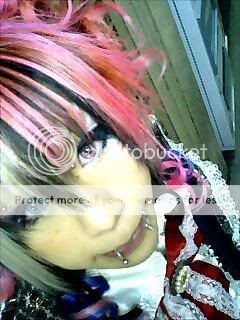


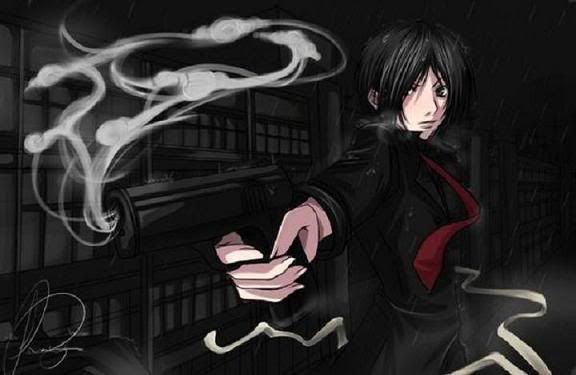




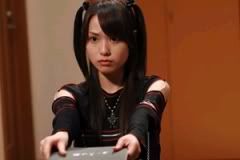
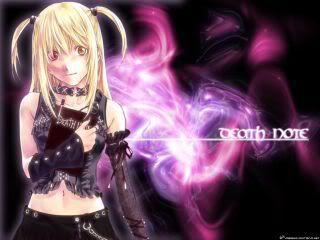

| Things You Actually Really Want to Know About Me | |
| basic info | |
| name: | wolf |
| what do people call you?: | wee wolfy |
| birthday: | 2/23/91 |
| current location: | Florida |
| height: | 5'5 |
| eye color: | sivler |
| hair color: | black |
| righty or lefty?: | both |
| a few questions | |
| do you believe in god?: | no |
| do you have a religion?: | no |
| do you speak another language?: | yes |
| do you live in the moment?: | no |
| do consider yourself tolerant of others?: | no |
| are you confident?: | yes |
| are you a daredevil?: | yes!!!!!!! |
| what is the compliment you get from most people?: | sometimes i am scary people say |
| what do you like the most about your body?: | eyes |
| do you think you are good looking?: | i do not know because i do not carry but yes. |
| do have any bad habits?: | bolwing thangs up |
| what's your biggest fear?: | my mom |
| do play an instrument?: | yes |
| can you sing?: | yes |
| if you could change one thing about yourself, what would it be?: | my boob sides. they are to big. |
| what is the most important lesson you've learned from life?: | do not make my mad. |
| do you think life has been good so far?: | no i hate it!!!!!!!! |
| is there anything you regret doing/not doing in life?: | no |
| do you believe in love at first sight?: | yes |
| do you kiss on first date?: | yes |
| do you have sex on first date?: | no!!!!!!!! |
| favourite | |
| color: | black, red and purple |
| number: | 666 |
| food: | ramen and ice craem |
| drink: | roop beer |
| alcoholic drink: | vodka |
| country: | dont have one |
| animal: | wolf |
| season: | winter |
| day of the week: | saterday |
| name: | darkangel |
| have you ever... | |
| been arrested?: | no |
| kissed someone of the same sex?: | no |
| done something you regret?: | yes |
| smiled for no reason?: | yes |
| laughed so hard you cried?: | yes |
| sang to someone for no reason?: | no |
| talked to someone you don’t know?: | yes all the time. it fun!! |
| been in love?: | yes |
| broken the law?: | yes |
| been in a car accident?: | yes |
| run into a wall?: | yes alot!!!!!!!! |
| made yourself cry to get out of trouble?: | yes |
| cried over a movie?: | no |
| been so drunk that you cant remember?: | yes |
| stayed home from school?: | yes |
| been out of state?: | yes alot |
| in the opposite sex | |
| hair color: | any color will do |
| eye color: | ice blue |
| height: | teller then me |
| body type: | don't care |
| short or long hair?: | it denpendf |
| tattoos/piercings?: | both love them |
| hot or cute?: | both |
| Take this survey | Find more surveys Bzoink - The Original Survey Site | |
| About Me Personality Quiz | |
| What is your name?: | wolf |
| How old are you?: | 16 |
| When is your Birthday?: | 2/23/91 |
| What is your zodiac sign?: | pisces |
| Where were you born?: | Florida |
| Where do you live now?: | on plant x |
| What color eyes do you have?: | sivler |
| What color hair do you have?: | black |
| How tall are you?: | 5'4 |
| How much do you weigh? (Be Honest Ladies): | 136 |
| What is your race?: | white |
| What is your worst fear?: | my mom |
| Do you smoke?: | never |
| Do you drink?: | yes |
| Do you cuss?: | yes |
| Do you use drugs?: | no |
| Have you ever or will you ever steal?: | 1 time and never will a gin |
| Are you dependable and/or trustworthy?: | yes |
| Do you play in a band or play an instrument?: | guitar |
| Do you have any tattoos and/or piercings?: | 2 piercings my eres |
| If you had a favorite serial killer who would it be?: | Ice |
| Do you suffer from depression disorder?: | yes |
| If you had a choice about how you wanted to die what would it be?: | fighting |
| Have you ever tried to commit suicide?: | no |
| Have you ever purposely caused harm to yourself or someone else?: | yes |
| What subculture do you belong too?: | gothic and emo |
| Are you evil?: | very |
| Do you believe that you can be possesed?: | mabye |
| Are you a paranoid person?: | no |
| Do you ever get jealous of somebody else?: | sometimes very little |
| Are you obsessive and/or compulsive?: | ? |
| Are you a violent person?: | YES |
| Do you take your anger out on other people?: | sometimes |
| Do you blame other people for your mistakes?: | no |
| What is your favorite game?: | there is alot of them |
| What is your favorite movie?: | there is alot of them |
| Who is your favorite band?: | my chemical romance |
| What is your favorite song?: | helena |
| What kind of books and/or magazines do you read?: | anime |
| What is your favorite color?: | black |
| What is your favorite food?: | all food |
| What is your favorite drink?: | i have a lot |
| Do you own a pari of converse?: | no |
| Do you own a pair of dickies?: | no |
| Would you ever kill yourself or someone else?: | mabye |
| Are you a virgin?: | no |
| Are you kinky?: | yes sometimes |
| Do you like biting?: | yes |
| Do you masturbate?: | yes |
| Do you watch pornography?: | yes |
| Have you ever dyed your hair an unusual color?: | yes |
| Have you ever shaved your head in a socially unacceptable way?: | yes |
| Are you hyper active person?: | yes |
| Are you religious?: | no |
| Do you have any self inflicted scars?: | yes |
| Does pain turn you on?: | yes very |
| Do you stand for originality and creativity?: | yes |
| Do you like meeting new people?: | yes |
| What do you like most about life?: | life |
| What do you dislike most about life?: | everthing |
| Do you believe in love at first fright?: | yes |
| Have you ever pierced a body part yourself?: | no |
| Have you ever had to beg for dinner money?: | no |
| Do you own a car?: | yes |
| Have you been to jail, yet?: | no |
| Are your clothes held together with safety pins?: | yes |
| Do you have actual scars from punk rock shows?: | no |
| Have you ever vomit while making out?: | no |
| Have you held a job for less than a day?: | no |
| Do you own more than two pair of jeans?: | yes |
| Have you ever had to fuck stuff up for no good reason?: | yes |
| Have you ever been kicked out of your parents house?: | no |
| Have you ever been fired from your job because of your attitude?: | ? i dont work now |
| Does the world piss you off?: | sometimes |
| Take this survey | Find more surveys Bzoink - The Original Survey Site | |
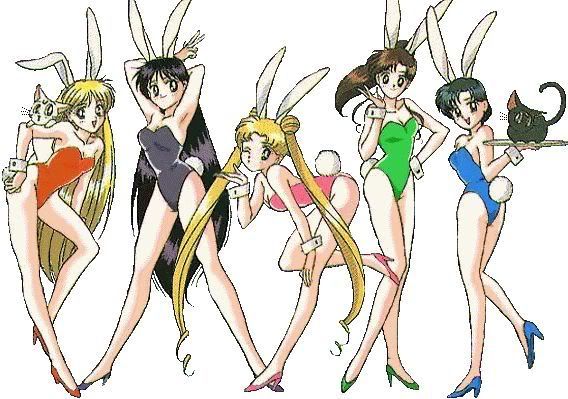
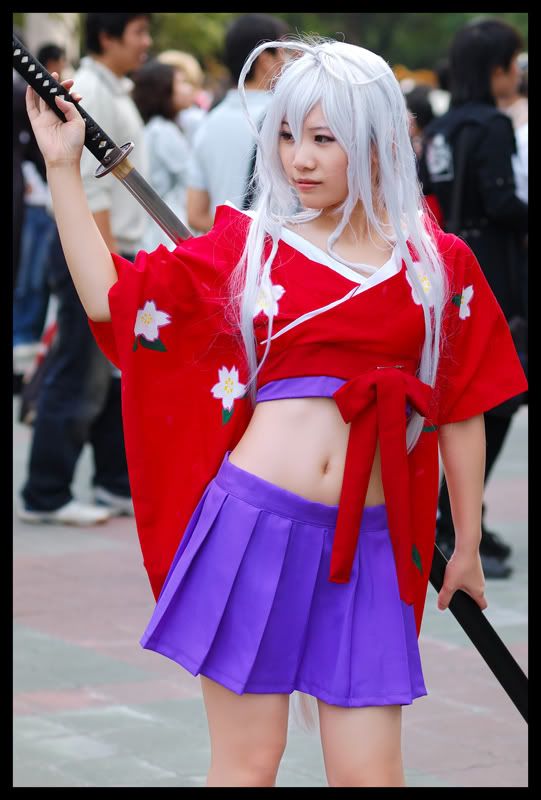




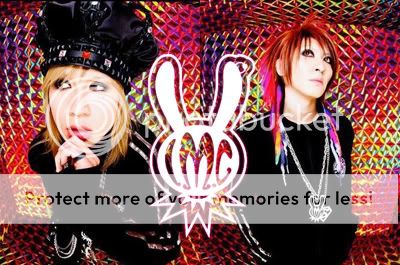
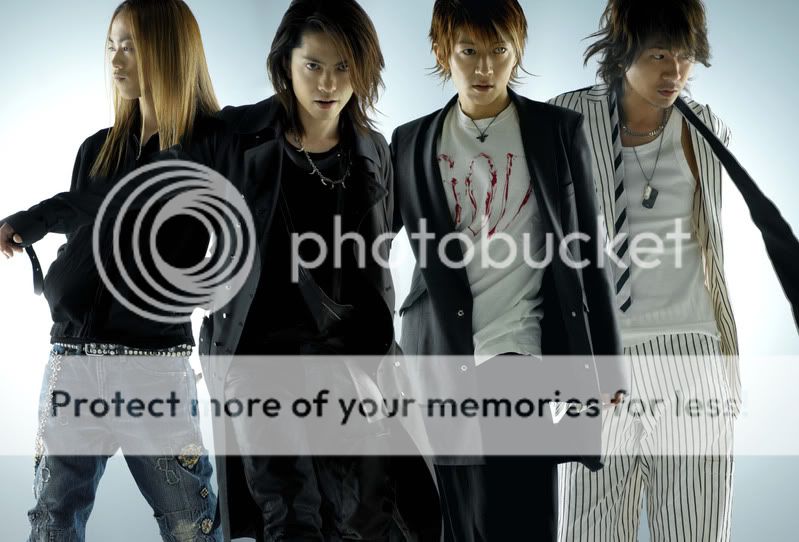
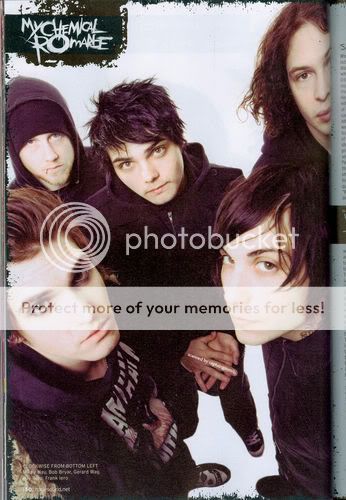
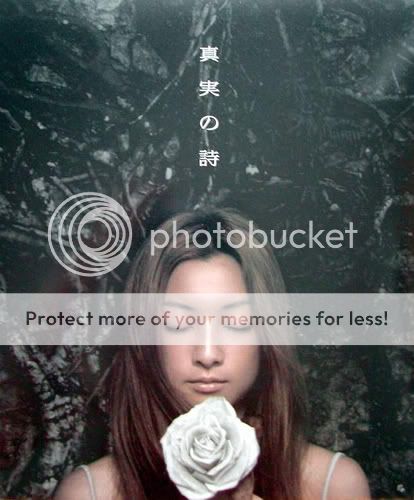
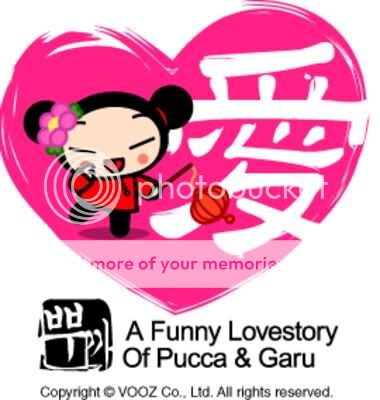
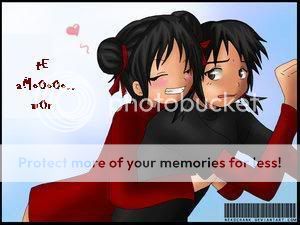


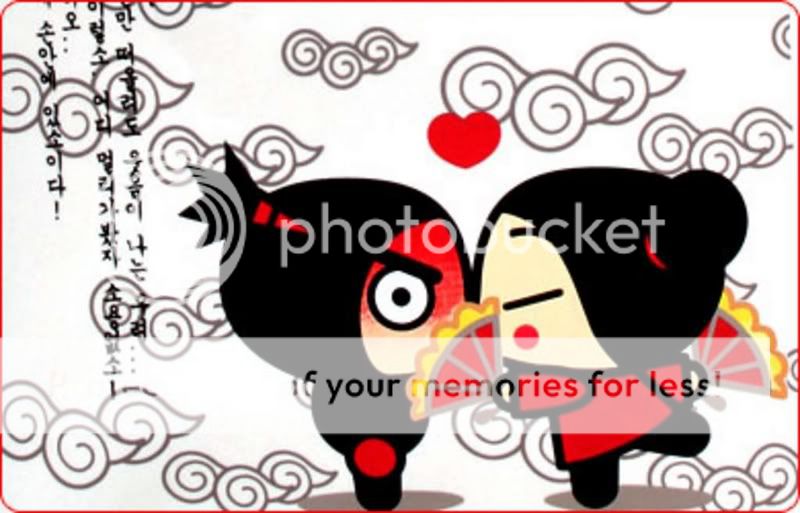
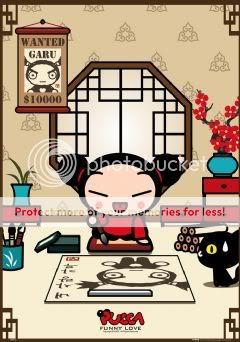
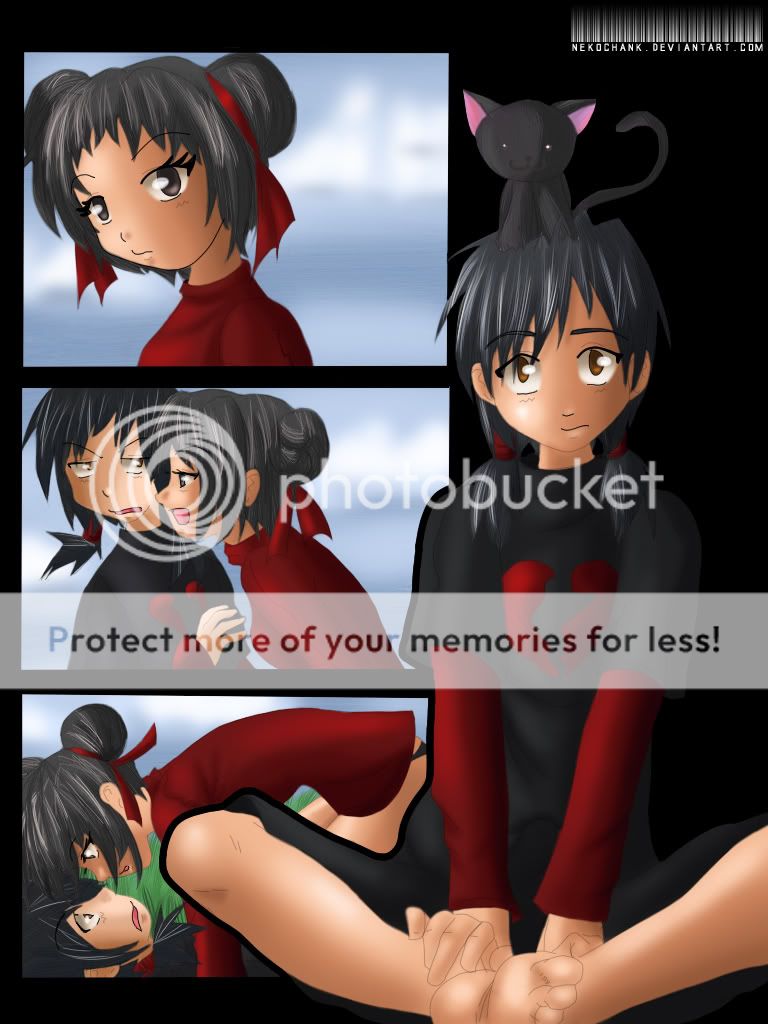

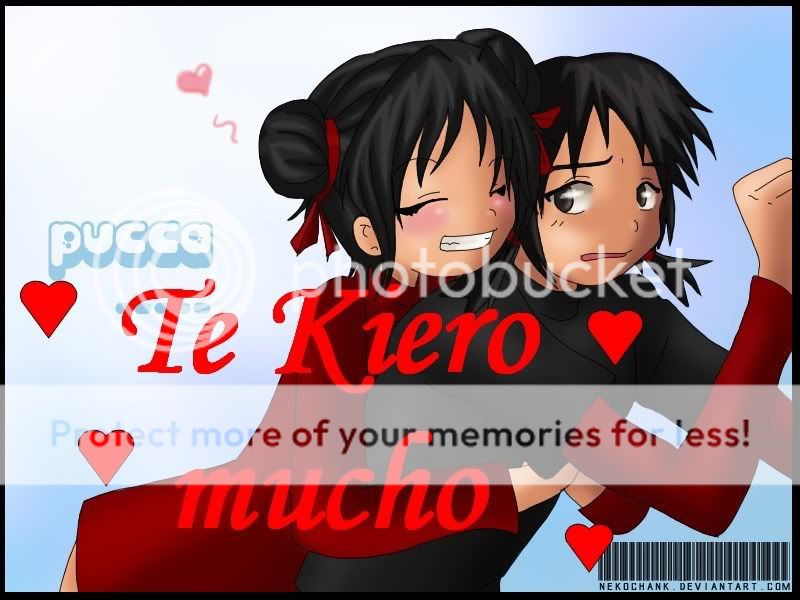
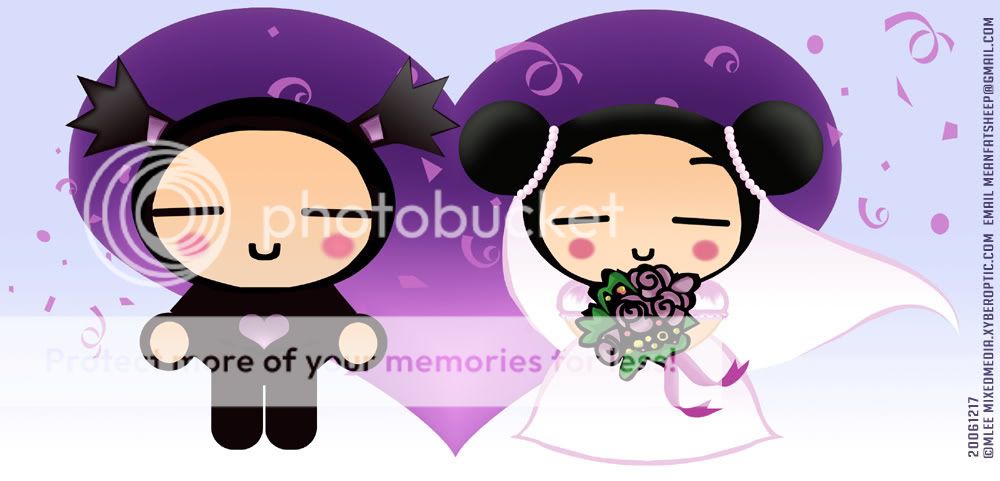


HIROHITO (ROYALTY)
Born: 29 April 1901
Birthplace: Tokyo, Japan
Died: 7 January 1989
Best Known As: Emperor of Japan, 1926-1989
he was a japans ruler. He ruled more then six decades of the 20th century. He ruled daring the World Was II. He was the 124th emperor in Japan. He dies in 1989. the Japanese to love him from today. They thing he was a very tolted emperor. His atoke China in 1930s with his military and planning of the attacks o Pearl Harbor in 1941. After his death in 1989, Hirohito was succeeded by his son, the Emperor Akihito. Hirohito was known as Tenino Showa or Emperor Showa. he was the son of Emperor Taisho and grandson of Emperor Meiji. Hirohito's 62-year reign was the longest in Japanese history. he was emperor for 63 years.
War
He undeclared war with china, beginning in July 1937, and into the Tripartite Pact with Germany and Italy in September of 1940. He was a feared that this would lead Japan into an unwanted war with the United States and Great Britain. That Japan formally declared war on the United States only after it attacked the U.S. naval base at Pearl Harbor on 7 December 1941.
he instructed Prime Minister Tōjō Hideki to work for peace. Tōjō finally resigned in July 1944 following the fall of Saipan and second, by advocating the last “decisive” Battle of Okinawa, which he hoped would strengthen Japan's position in any forthcoming peace negotiations.
US Military History Companion: Hirohito
(1901–1989), emperor of Japan from December 1926 until his death in January 1989
A timid man, preferring marine biology to affairs of state, Hirohito reigned over but did not directly rule Japan; from early in his reign, the military increasingly held sway and committed Japan to war in his name. Hirohito unwittingly contributed to this outcome: as a constitutional monarch he always felt obliged formally to sanction the government's aggressive policies, however much he disagreed with them.
Hirohito privately but unsuccessfully opposed Japan's undeclared war with China, beginning in July 1937, and Japan's entry into the Tripartite Pact with Germany and Italy in September 1940, fearing that this would lead Japan into an unwanted war with the United States and Great Britain. However, he was a nationalist, not the pacifist some accounts imply, and when the United States ended oil exports to Japan on 1 August 1941 in retaliation for Japan's military occupation of French Indochina, Hirohito eventually accepted that war was inevitable. That Japan formally declared war on the United States only after it attacked the U.S. naval base at Pearl Harbor on 7 December 1941 had not been his intention.
During the Pacific War, even as he publicly exhorted his countrymen to sacrifice their lives for victory, Hirohito instructed Prime Minister Tōjō Hideki to work for peace. Ironically, Hirohito may have prolonged the war, first by protecting the die‐hard Tōjō, upon whom he relied politically, from critics until Tōjō finally resigned in July 1944 following the fall of Saipan; and second, by advocating the last “decisive” Battle of Okinawa, which he hoped would strengthen Japan's position in any forthcoming peace negotiations.
Ultimately, when the war was clearly lost, but with the government deadlocked over whether to accept the Allies' Potsdam Proclamation (26 July 1945) calling for Japan's “unconditional surrender,” Hirohito personally intervened and Japan capitulated 15 August 1945. In September, when he first met Gen. Douglas MacArthur, Supreme Allied Commander in Japan, Hirohito offered to take responsibility for the war. However, he was exempted from standing trial as a war criminal and retained on the throne so that the occupation could use his authority in the demilitarization and democratization of Japan. The new 1947 Constitution stripped him of all prerogatives, leaving a purely ceremonial role.
Despite Hirohito's formal apology for the war, made years later (1975) during a state visit to the United States, many Americans regard him as a controversial figure. However, there is no evidence that Hirohito knew in advance of, or sanctioned, the great many atrocities committed by Japanese forces during the Pacific War.
[See also Japan, Peace Treaty with; Pearl Harbor, Attack on; Potsdam Conference; World War II, U.S. Air Operations in: The Air War Against Japan; World War II, U.S. Naval Operations in: The Pacific.]
Bibliography
Toshiaki Kawahara, Hirohito and His Times: A Japanese Perspective, 1990.
Stephen S. Large, Emperor Hirohito and Shōwa Japan: A Political Biography, 1992
US Military Dictionary: Hirohito
(1901-89) emperor of Japan (1926-89) during World War II, though the military controlled the government and conducted the war in his name. It was Hirohito, however, who eventually brought about the peace by intervention in a government deadlock and a broadcast to the nation (1945) announcing Japan's surrender. After the war he was retained on the throne in a purely ceremonial capacity.
Hirohito was the longest reigning monarch in Japan's history, and the first Japanese crown prince and the first reigning Japanese monarch to travel abroad.
Biography: Hirohito
Hirohito (1901-1989) was the 124th emperor of Japan. He reigned during a period of internal turmoil, foreign expansion, international war, and national defeat, and presided over the transformation of the Japanese monarchy into a purely symbolic institution. As the occupant of Japan's throne for 63 years, he was the longest living monarch in modern history.
Childhood and Education
Hirohito was born on April 29, 1901. He was the first son of Crown Prince Yoshihito, who later became the Taisho emperor, and the grandson of Mutsuhito, the Meiji emperor. Following long-established custom, Hirohito was separated from his parents shortly after birth. He was cared for under the guardianship of a vice admiral in the imperial navy until November 1904, when he returned to the Akasaka Palace, his parents' official residence.
Even from early years, Hirohito was trained to act with the dignity, reserve, and sense of responsibility his future role would require. He grew into a shy and grave young boy. In April 1908 he was enrolled at the Gakushuin (Peers School) in a special class of 12 boys, among them two of his imperial cousins. The head of the school was Gen. Maresuke Nogi, a celebrated soldier of the Russo-Japanese War. He took a personal interest in the education of the young prince and attempted to instill in him respect for the virtues of stoicism, hard work, and devotion to the nation.
Appointed Heir to Throne
Hirohito was appointed heir apparent on September 9, 1912, shortly after the death of his grandfather Mutsushito and the accession of his father Yoshihito to the throne. Hirohito lost his mentor when Nogi and his wife committed ritual suicide on the day of Mutsuhito's funeral. His education was continued under another military hero, Adm. Heihachiro Togo, who had won the victory over the Russian navy in 1905. But Hirohito never became as close to Togo as he had been to Nogi. In his studies he also had little patience with his tutor in history, who taught that the early myth of the founding of Japan by the sun-goddess was historical fact. Skeptical by nature and scientific in his interest, he found natural history more to his liking. Under the guidance of his natural-history tutor, who remained a lifelong mentor, he began to develop an interest in marine biology, a field in which he became an acknowledged expert.
Crown Prince and Regent
On February 4, 1918, Hirohito became engaged to Princess Nagako, daughter of Prince Kuniyoshi Kuninomiya. Aritomo Yamagata and others raised objections to the match on the grounds that Nagako was descended from the daimyos of Satsuma, who had a strain of color blindness. The defect, they said, would taint the imperial line. But the imperial wedding finally took place on January 26, 1924. The imperial couple later had five daughters, the first born in December 1926, and two sons, the first born in December 1933.
In March 1921 Hirohito, accompanied by a large retinue, set off for a tour of Europe. The event was unprecedented, for it was the first time a crown prince of Japan had visited abroad. Although Hirohito traveled in France, the Netherlands, and Italy, his visit to England made the deepest impression on him. He was attracted by the freedom and informality of the English royal family. On Hirohito's first day at Buckingham Palace, King George V paid him an unexpected breakfast visit in suspenders and carpet slippers, and Edward, Prince of Wales, played golf with him and accompanied him on a round of official gatherings.
On November 25, 1921, shortly after his return to Japan, Hirohito was appointed to serve as regent for his father, who had begun to show increasing signs of mental derangement. In December 1923 Hirohito escaped an attempt on his life by a young radical.
Emperor of a Restless Nation
Hirohito acceded to the throne on December 25, 1926, and his formal enthronement took place in accord with ancient rituals in November 1928. He took as his reign name Showa ("Enlightened Peace"), and he was formally known as Showa Tenno.
The choice of reign name proved highly ironic for, shortly after Hirohito became emperor, Japan's relations with the outside world began to deteriorate. In 1927 Japanese army officers arranged the assassination of Marshal Chang Tso-lin, warlord of Manchuria, in hopes of provoking a Japanese takeover of the area. The young emperor, angered at the event, urged Premier Giichi Tanaka to discover and punish the culprits. He was equally indignant in September 1931, when elements in the Japanese army engineered the occupation of southern Manchuria under their own initiative. Encouraged by advisers like Count Nobuaki Makino and Prince Kimmochi Saionji, the Emperor privately urged moderation and caution on the army as it continued to deepen Japan's military involvement on the Asian mainland.
The Manchurian incident ushered in a period of profound domestic unrest. Dissident young military officers, often with the covert encouragement of their superiors, allied with civilian right-wing radicals to plot a series of unsuccessful coups d'etat and a number of successful assassinations. They hoped to overthrow party cabinets in order to establish a military regime that could govern in the name of "direct imperial rule."
Hirohito, however, believed himself to be a thoroughly human monarch, bound by the constitution his grandfather had promulgated in 1889. He saw himself as an organ of state rather than a personal autocrat and believed that the leaders of government should be men of moderation and non-militaristic in outlook.
During the military insurrection of February 26, 1936, when elements of the First Division occupied large areas of downtown Tokyo and assassination bands murdered many leading public officials, the Emperor urged swift suppression and punishment of the mutinous soldiers and the assassins. The uprising was crushed, and a number of ranking generals who were thought to have encouraged the rebels were forced into retirement.
Road to War
The country nevertheless continued its drift toward war. In July 1937 hostilities with China broke out. During the late 1930s Hirohito's advisers in the palace bureaucracy had urged him to remain aloof from direct intervention in politics lest he compromise the position of the imperial family. The Emperor followed this advice, giving his consent to whatever policies the increasingly belligerent governments decided upon.
There is every evidence that the Emperor felt uneasy about the unfolding of events, particularly after 1940. He did not favor the alliance with Nazi Germany and Fascist Italy, but he made no effort to oppose it. Similarly, he had grown distrustful of the judgments of the military leaders who kept assuring him of a quick end to the war in China. But when the final decision on war with the United States was made on September 6, 1941, his opposition was confined to an oblique reference to one of his grandfather's poems, which expressed hope for peace.
During the war Hirohito refused to leave the imperial palace at Tokyo, even after air raids began to demolish the city and fires destroyed many buildings on the palace grounds. He wished to share the hardships of his subjects.
Japan Defeated
By the summer of 1945 it was clear to most informed public officials, including many military leaders, that defeat was inevitable. But the decision to surrender did not come until after atomic bombs were dropped on Hiroshima and Nagasaki. At a historic imperial conference on August 9, 1945, the Emperor made clear his determination to "endure the unendurable" and expressed his opinion in favor of surrendering to the Allies.
Following Japan's formal surrender in September 1945, there was much speculation about whether the Emperor would be punished as a war criminal. Hirohito himself frequently expressed his willingness to abdicate as a token of his responsibility for the war. But the American authorities, including Gen. Douglas MacArthur, decided that it would better serve the goals of domestic stability and internal reform of Japan to let him remain as ruler. On January 1, 1946, however, the Emperor once and for all gave up any claims to being a sacred monarch by issuing a rescript that denied his divinity as a descendant of the sun-goddess.
Emperor's Life as a Mortal
During the years of the occupation and afterward, every effort was made to "democratize" the throne by having the Emperor mingle with the people. At first, the Emperor was inept and ill at ease when he met his subjects. He won the nickname "Mr. Is-that-so?" because of his perfunctory comments on visits to factories and schools. Even though he was personally aloof and somewhat awkward in public, the Emperor nevertheless became a popular figure. Pictures of the imperial family and stories of their activities became steady grist for weekly magazine and newspaper copy.
A respected marine biologist with a number of books on that subject to his credit, the Emperor lived a modest, sober, and retiring life when not engaged in official functions. His son Crown Prince Akihito married a commoner in 1959, and the line of succession was assured through their son Prince Hiro. In 1972 Hirohito traveled to Europe and was met with hostile demonstrations. A 1975 trip to the United States resulted in a more friendly reception. Hirohito died on January 7, 1989, at the age of 87. Symbolic of his interest in science and in modernizing his country, Hirohito reportedly was buried with his microscope and a Mickey Mouse watch.
Further Reading
The most complete biography of Hirohito in English is by Leonard Mosley, Hirohito, Emperor of Japan (1966). A journalistic sketch of Hirohito was written during the war by Willard Price, entitled Japan and the Son of Heaven (1945). Reading on the troubled years of the 1930s is provided by Robert J. C. Butow, Tojo and the Coming of the War (1961), and James B. Crowley, Japan's Quest for Autonomy: National Security and Foreign Policy (1966). The Emperor's role in the surrender decision is related in Robert J. C. Butow, Japan's Decision to Surrender (1954).
In 1996, Time published two retrospective articles by Carl Posey about Hirohito's life: "The God-Emperor Who Became a Man" and "From Militarist to Beloved Monarch." Time, Oct. 21, 1996.
Additional Sources
Britannica Concise Encyclopedia: Hirohito
.content{clear:both;}
(born April 29, 1901, Tokyo, Japan — died Jan. 7, 1989, Tokyo) Longest-reigning of Japan's monarchs (1926 – 89). His rule coincided with Japan's 20th-century militarism and its aggression against China and Southeast Asia and in the Pacific Ocean during World War II. Though the Meiji Constitution invested the emperor with supreme authority, in practice he merely ratified the policies formulated by his ministers and advisers. Historians have debated whether Hirohito could have diverted Japan from its militaristic path and what responsibility he should bear for the actions of the government and military during the war. In August 1945 he broke the precedent of imperial silence when he made a national radio broadcast to announce Japan's surrender, and in 1946 he made a second broadcast to repudiate the traditional quasi-divine status of Japan's emperors. See also Showa period.
Columbia Encyclopedia: Hirohito
(hērō'hētō) , 1901–89, emperor of Japan. He was made regent in 1921 and succeeded his father, Yoshihito (the Taishō emperor), in 1926. He married (1924) Princess Nagako Kuni (1903–2000); a son and heir, Prince Akihito, was born in 1933. For 20 years he reigned as sovereign as Japan went to war in China and the Pacific, and in 1945 he made an unprecedented radio broadcast announcing Japan's unconditional surrender to the Allies. Under Allied occupation, he retained the throne, but was transformed from imperial sovereign to democratic symbol. The constitution of 1946 made him “symbol of the state and of the unity of the people,” and he became familiar as a marine biologist, family figure, and greeter of foreign heads of state. His Showa (“enlightened peace”) reign was the longest and one of the most turbulent in Japan's history.
Law Encyclopedia: Hirohito
This entry contains information applicable to United States law only.
Hirohito was the emperor of Japan from 1926 to 1989. His reign encompassed a period of Japanese militarism that resulted in Japan's participation in World War II, the United States' dropping of atomic bombs on Hiroshima and Nagasaki, and the United States' military occupation of Japan following Japan's defeat. After World War II, Hirohito's authority changed, and he was reduced to a ceremonial figure.
Hirohito was born in Tokyo on April 29, 1901, and was educated in Japan. He became emperor on December 25, 1926, at a time when Japanese parliamentary government suggested that democracy and international cooperation would continue to grow. However, forces within the military sought to dominate the government and embark on a course of expansionism within Asia. Though he had private misgivings about the rise of militarism, Hirohito took no action to stop the generals. His advisers were concerned that imperial opposition would lead to the military overthrow of the monarchy.
As the 124th direct descendant of Japan's first emperor, Jimmu, Hirohito was considered sacred and was referred to as Tenno Heika, meaning "son of heaven." Because Hirohito was unwilling to exercise his divine authority against the military, the Japanese army invaded China in 1937 and in 1940 joined in a military alliance with the Axis powers. The alliance led to Japan's participation in World War II and its attack on Pearl Harbor and the United States on December 7, 1941.
The attack on the United States led to severe consequences for Japanese Americans. On February 19, 1942, President Franklin D. Roosevelt issued Executive Order No. 9066, forcing the relocation of all 112,000 Japanese Americans living on the West Coast (including 70,000 U.S. citizens) to detention camps in places such as Jerome, Arkansas, and Heart Mountain, Wyoming. Roosevelt issued the order after U.S. military leaders, worried about a Japanese invasion, argued that national security required such drastic action.
The U.S. Supreme Court upheld the forced relocation in Korematsu v. United States, 323 U.S. 214, 65 S. Ct. 193, 89 L. Ed. 194 (1944). Justice Hugo L. Black noted that curtailing the rights of a single racial group is constitutionally suspect, but in this case military necessity justified the exclusion of Japanese Americans from the West Coast. In retrospect historians have characterized the removal and detention as the most drastic invasion of individual civil rights by the government in U.S. history.
Hirohito gradually became more open, within the inner circles of government, about his desire to end the war, especially after the United States inflicted numerous military defeats on Japan. But many members of the military wished to fight until the very end. With the United States' dropping of atomic bombs on Hiroshima and Nagasaki in August 1945, Hirohito pushed for the surrender of Japan. On August 15 he broadcast Japan's surrender to the Allied forces. He broadcast to the Japanese people additional messages that were credited for the smooth transfer of power from Japan to the U.S. military occupation force, under the leadership of General Douglas MacArthur.
Although Hirohito was implicated in Japanese war plans, he was exonerated in the war crimes trials of 1946-48. He had changed the importance of the monarchy in 1946, when he publicly renounced his divine authority. The 1947 constitution that was written for Japan by MacArthur and his advisers had transformed Hirohito from a sovereign with supreme authority into a "symbol of the state," and placed control of the government in the hands of elected officials. Hirohito had endorsed the change, which reduced the emperor to a ceremonial figure.
Hirohito embraced the ceremonial role. He traveled widely and became more accessible. He also pursued his interest in marine biology. He died on January 7, 1989.
History Dictionary: Hirohito
(heer-oh-hee-toh)
Japanese emperor who came to the throne in the 1920s. He reigned over the Japanese in World War II. After the war, he was forced to give up the claim to divine status that previous emperors had made. He died in 1989, after long outliving all the other major figures associated with the war.
Quotes By: Hirohito
Quotes:
"We have resolved to endure the unendurable and suffer what is insufferable."
Wikipedia: Hirohito
Emperor Shōwa
Emperor of Japan
Translations: Loveless
Dansk (Danish)
adj. - uden kærlighed
Nederlands (Dutch)
liefdeloos
Français (French)
adj. - sans amour, incapable d'amour
Deutsch (German)
adj. - lieblos
Ελληνική (Greek)
adj. - ανέραστος
Italiano (Italian)
senza amore
Português (Portuguese)
adj. - sem amor, ingrato, insensível
Русский (Russian)
нелюбящий, без любви
Español (Spanish)
adj. - sin amor
Svenska (Swedish)
adj. - kärlekslös, kall och hård, oälskad, försummad, övergiven
中文(简体) (Chinese (Simplified))
无爱情的, 不可爱的
中文(繁體) (Chinese (Traditional))
adj. - 無愛情的, 不可愛的
한국어 (Korean)
adj. - 사랑이 없는 , 사랑을 못 받는, 냉담한, 박정한
日本語 (Japanese)
adj. - 愛のない, かわいげのない, 愛されない
العربيه (Arabic)
(صفه) غير محب, غير محبوب
עברית (Hebrew)
adj. - לא אוהב, לא נאהב, או שניהם כאחת, חסר-אהבה
http://www.business.com/directory/media_and_entertainment/publishing/editorial_and_literary_services/translation_services/languages/japanese/
COMMENTS
-